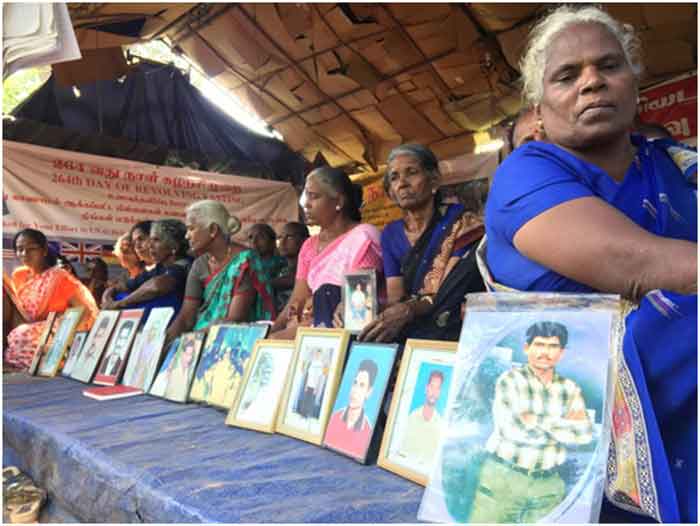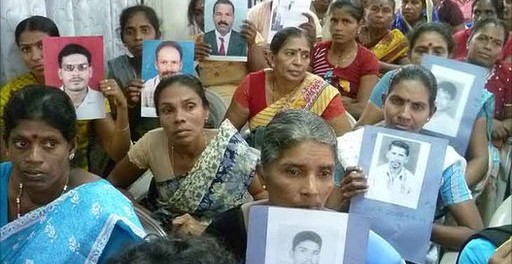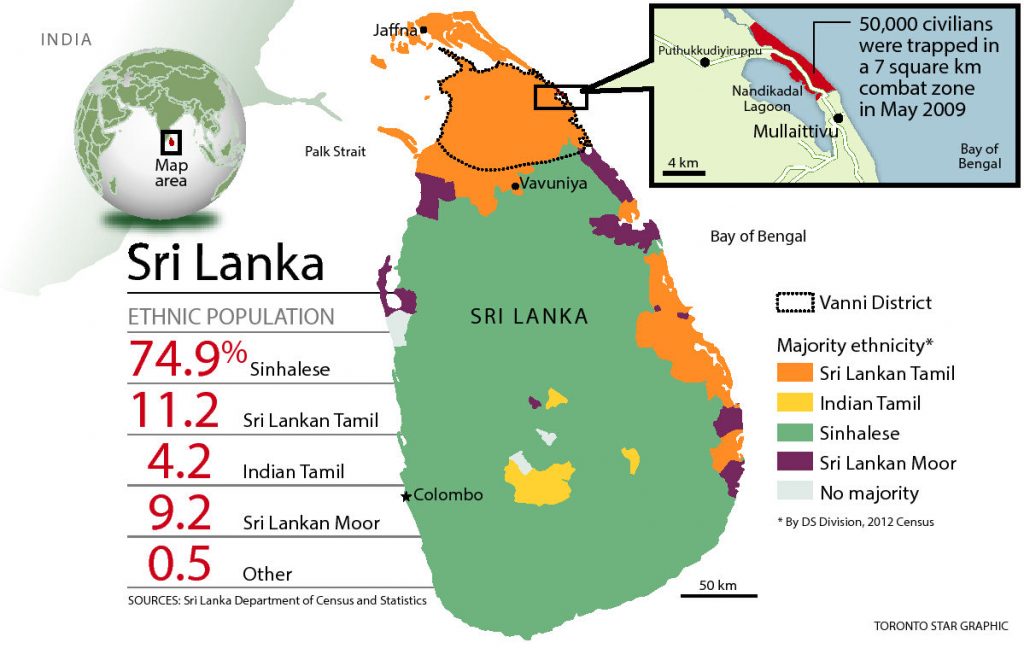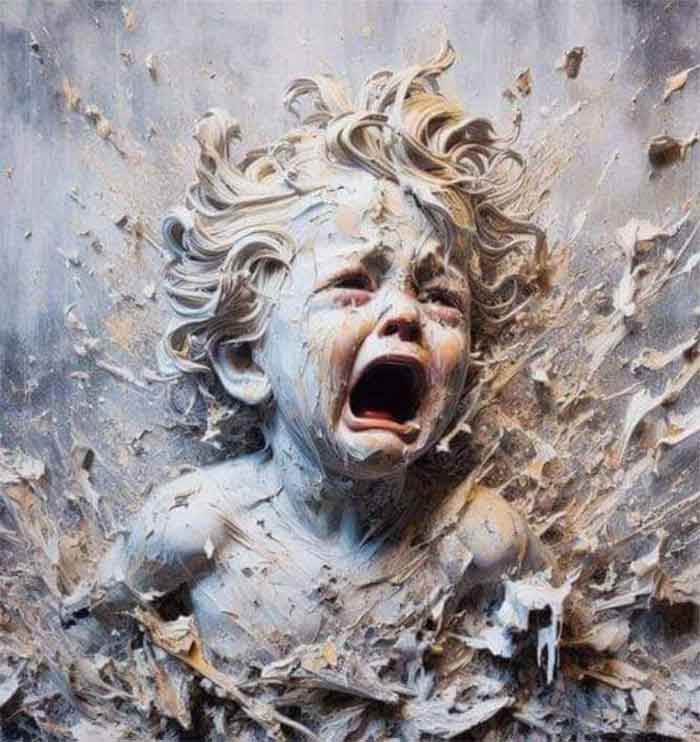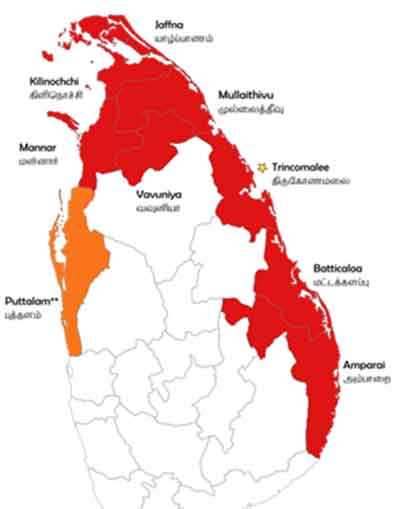Genocide of 147,000 Tamils – Tamils demand justice from UN, UNHRC, UN Security Council and the International Community.
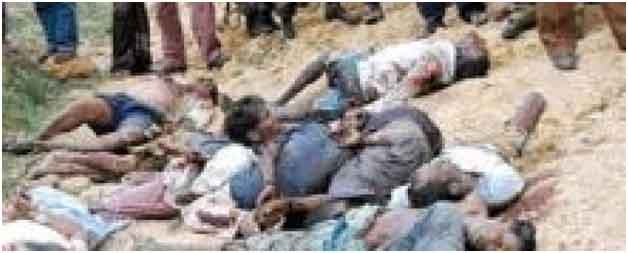
May 18, 2021, marks the 13-year anniversary of the end of the 26-year armed conflict between the Government of Sri Lanka and the Liberation Tigers of Tamil Eelam (LTTE);
Tamils all over the world [more than 82 million] will remember the Mullivakkal Remembrance Day on May 18th 2022. Tamils’ freedom struggle was crushed with mighty force by the Sri Lankan military with the help of several other countries using banned Chemical weapons and Cluster bombs.
The Tamil people of Sri Lanka suffered tens of thousands of deaths, disappearances, abuses, and displacements. The United Nations and the International Community just watched this horror to happen and even now there is no justice for the genocide and the perpetrators who committed the crimes have been identified and punished.
In the absence of Sri Lanka implementing the recommendations of its own Lessons Learned and Reconciliation Commission or instituting a credible justice mechanism to investigate serious crimes committed during and after the war, the United States sponsored resolutions in the United Nations Human Rights Council (UNHRC) in 2012, 2013, and 2014 calling in ever stronger terms for domestic action and reconciliation.
The core issues of like the Bombing of Hospitals, killings of five High School Students in Trincomalee:- and 15 Aid workers from Action Against Hunger
Patients, medical staff, aid workers, and other witnesses have provided Human Rights Watch with information about at least 30 attacks on permanent and makeshift hospitals in the combat area since December 2008. One of the deadliest took place on May 2, when artillery shells struck Mullaivaikal hospital in the government-declared “no-fire zone,” killing 68 persons and wounding 87.
“Hospitals are supposed to be sanctuaries from shelling, not targets,” said Brad Adams, Asia director at Human Rights Watch. “While doctors and nurses struggle to save lives in overcrowded and under equipped facilities, Sri Lankan army attacks have hit one hospital after another.”
Five Tamil Students were killed near the beach in Trincomalee town thirteen years ago on January 2nd 2006. Two other students also suffered injuries but survived. The names and the dates of birth of the five victims were: (i) Manoharan Ragihar- 22.09.1985, (ii) Yogarajah Hemachchandra – 04.03.1985, (iii) Logitharajah Rohan – 07.04.1985(iv) Thangathurai Sivanantha – 06.04.1985, and (v) Shanmugarajah Gajendran – 16.09.1985. The two injured youths were Yogarajah Poongulalon and Pararajasingham Kokulraj
15 Aid Workers of the Action Against Hunger
The victims, employees of the international humanitarian group Action Against Hunger, were working on tsunami relief projects in northeastern Sri Lanka. The bodies of 15 workers were found facedown, with gunshot wounds, in the aid organization’s office in the town of Mutur. Two other bodies were discovered days later in a car nearby.
The United Nation’s Office of the High Commissioner for Human Rights issued a report in 2015 (the OISL Report) that outlined the occurrence of war crimes and crimes against humanity and violations of international humanitarian law during the war in Sri Lanka;
Following a change in government in Sri Lanka, the release of the OISL Report, and the recommendations of the High Commissioner for Human Rights, the United States cosponsored with Sri Lanka a UNHRC resolution in 2015, HRC 30/1, which was reaffirmed in 2017;
Under HRC 30/1, the Sri Lankan government made transitional justice commitments for post-war reconciliation including— (1) an accountability mechanism with a special court inclusive of foreign judges, prosecutors, lawyers, and investigators; (2) a truth commission; (3) an office of missing persons; (4) an office of reparations and institutional reforms aimed at non recurrence; and (5) a number of confidence-building measures;
Following the Easter Sunday terror attacks and the reinstallation of the Rajapaksa government in November 2019, Sri Lanka withdrew from HRC 30The northeastern region of the country, the traditional Tamil homeland, remains heavily militarized with up to one soldier for every two civilians in the most war affected regions;
The Northern Provincial Council of Sri Lanka adopted resolutions calling for an international investigation into alleged war crimes committed during the armed conflict and for a U.N.-monitored referendum in the northeastern region of the island to support the development of a permanent political solution.
The Government of Sri Lanka has postponed provincial elections for multiple years, denying all Sri Lankans, including the Tamil people in the Northern Province and the Eastern Province, their democratic right to local representation;
Sri Lanka’s COVID–19 response has been led and executed by the military, exacerbating longstanding concerns regarding state surveillance, harassment, and discrimination against Tamil and Muslim communities.
A 2021 report from the United Nations High Commissioner for Human Rights found that the Government of Sri Lanka has, over the past year— (1) elevated individuals implicated in war crimes to senior governmental positions; (2) pardoned a convicted war criminal; (3) reversed key democratic reforms and consolidated power behind the office of the President; (4) obstructed efforts to investigate and prosecute perpetrators of war crimes; (5) promoted majoritarian and exclusionary rhetoric; (6) engaged in surveillance and harassment of civil society organisations and human rights advocates; and (7) allegedly employed security forces to abduct and torture dissidents;
The report warns that
‘‘Sri Lanka’s current trajectory sets the scene for the recurrence of the policies and practices that gave rise to grave human rights violations’;
The United States cosponsored a UNHRC resolution, HRC 46/1 (2021), led by the United Kingdom, which recognises the lack of accountability for past violations of human rights and international humanitarian law in Sri Lanka and directs the Office of the High Commissioner for Human Rights to collect, analyze, and preserve information and evidence for future accountability processes for gross violations of human rights;
No effort has been made to bring to justice those who are alleged to have committed war crimes and crimes against humanity, no investigations have begun even on emblematic cases, evidence gathering is hindered through arbitrary arrests and threats by the state, and impunity prevails in the country with the outdated and the excessively harsh Prevention of Terrorism Act, which does not comply with international standards and has still not been repealed despite repeated promises by the government;
“The United Nations High Commissioner for Human Rights, Michelle Bachelet, stated in January 2021, ‘‘Given the demonstrated inability and unwillingness of the Government to advance accountability at the national level, it is time for international action to ensure justice for international crimes. States should also pursue investigations and prosecution in their national courts—under accepted principles of extraterritorial or universal jurisdiction—of international crimes committed by all parties in Sri Lanka’’;
Still families of individuals who disappeared during and following the armed conflict still have no information regarding the whereabouts of their loved ones, and no lists of persons who surrendered to the government after the end of the armed conflict have been published.
Kumarathasan Rasingam – Secretary, Tamil Canadian Elders for Human Rights Org.

